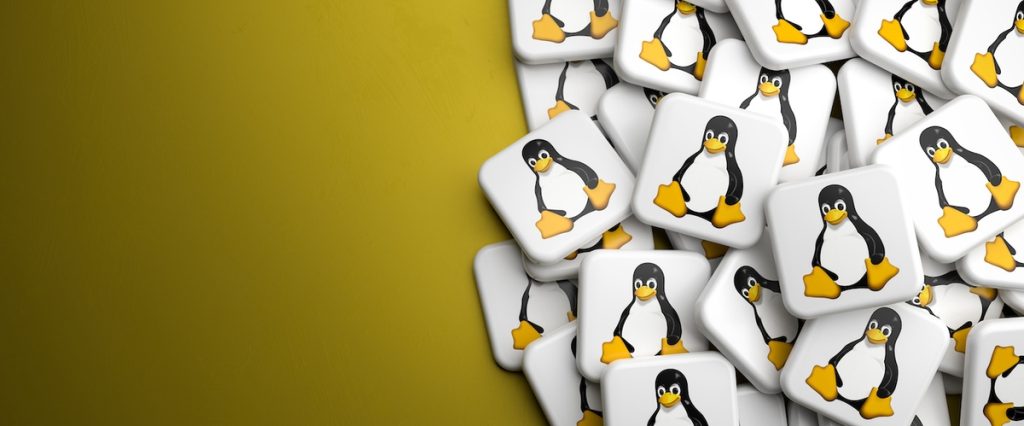While sailing through the sea of operating systems, two prominent names in the Linux community invariably pop up: Ubuntu and Debian. Both cherished for their stability, security, and versatile package management, they nevertheless instigate a fascinating discussion in the tech world, splitting the sea of users into two opposing camps. This tug of war between Ubuntu and Debian presents a dilemma for anyone venturing into the Linux universe or considering switching gears. So, how do we solve this riddle? Let’s delve into the key differences, pros and cons, and characteristics that set these two titans apart.
The Roots and Branches: Origins and Derivatives
Our journey begins with a walk down memory lane, tracing the roots of Ubuntu and Debian. Debian, named after its creators, Debra and Ian Murdock, surfaced in 1993 and has since been celebrated as the oldest, most respected distro in the Linux world. It is the brainchild of the free software movement, characterized by its commitment to providing a 100% free, open-source operating system.
Despite its seniority, Debian is not your cantankerous old grandpa. Instead, it has blossomed into a massive family tree, spawning over a hundred derivative distros. One such offspring that took the world by storm is none other than Ubuntu. Launched by Canonical Ltd. in 2004, Ubuntu—meaning ‘humanity to others’ in Zulu—aims to provide an easy-to-use, reliable platform, exemplifying the spirit of sharing and collaboration.
Both distros, while sharing common DNA, have charted unique paths. Debian remains steadfast in its pursuit of stability and the principle of software freedom. On the other hand, Ubuntu caters to usability, making it an attractive choice for beginners. This divergence shapes their different approaches to package management, release cycles, and community support.

The Engine Room: Package Management and System Stability
Ubuntu’s philosophy of user-friendliness extends to its package management. It utilizes a more extensive and up-to-date repository, delivering a wider array of software applications at the fingertips of its users. Ubuntu’s Software Center, an easy-to-use graphical interface, simplifies software installation and removal, making it less daunting for beginners.
However, Debian is no slouch either. It offers three different repositories: Stable, Testing, and Unstable. The “Stable” release is the epitome of reliability, extensively tested and designed for servers and critical systems. The “Testing” and “Unstable” branches, with their access to newer software versions, cater to those who desire cutting-edge features.
What Ubuntu gains in usability, it loses in system stability. Debian’s older packages have undergone rigorous testing, ensuring a higher degree of stability than Ubuntu. However, Ubuntu has a predictable release cycle, with new versions arriving every six months, and Long-Term Support (LTS) releases every two years. In contrast, Debian’s releases are not time-bound, ensuring stability but at the cost of the latest software.

Conclusion: Choosing Your Linux Champion
There’s no one-size-fits-all in the Ubuntu vs. Debian battle. It ultimately depends on what you seek in an operating system. For beginners and those desiring a smooth, user-friendly experience with access to newer software and predictable updates, Ubuntu shines as the go-to choice. But for those who prioritize rock-solid stability and aren’t averse to a steeper learning curve, Debian stands tall.
In the end, both Ubuntu and Debian are mighty gladiators in the Linux arena, each offering unique advantages and playing a pivotal role in propelling the open-source movement forward. After all, isn’t the essence of Linux about freedom, the power to choose, and the joy of discovery? So, embrace this journey of exploration as you unravel your Linux dilemma.

